
Google: HTTPS usage is rising among Chrome users
Google is actively pushing websites to embrace HTTPS, going as far as to warn Chrome users when they visit a page that can transmit sensitive data over the unsecured HTTP protocol. The search giant hopes that this will speed up HTTPS adoption, and to help us keep track of how things evolve it has updated its Transparency Report to reveal how HTTPS usage is increasing among Chrome users.
Google says that the majority of pages that Chrome users access on desktops are now loaded via HTTPS, and two thirds of their time is spent on pages loading the secure communications protocol. The platform with the highest rate is Chrome OS, which is approaching the 75 percent mark.
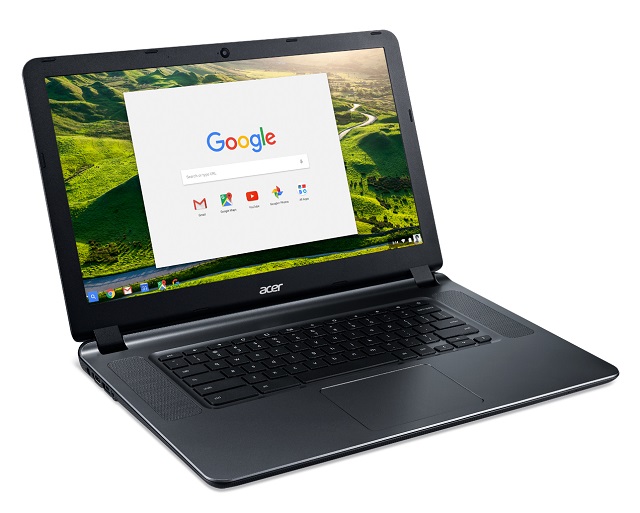
Acer updates Chromebook 15 with 12-hour battery life -- $199 exclusively at Walmart
Chromebooks are not for everyone, but for many home users, it is absolute perfection. If you live in the web browser -- as many people do nowadays -- laptops running Google's Linux-based Chrome OS are a godsend because they are maintenance free. No need for confusing OS upgrades or anti-virus software. It just works, and it works well. Since they can now run Android apps too, they could become a serious threat to Microsoft and Windows 10.
One of the most attractive aspects of Chromebooks is price -- they are often quite affordable. Today, Acer refreshes its 15.6 inch Chromebook 15 with a mind-boggling 12 hours of battery life. Best of all? It starts at $199. Yes, this model will get Android app support in a future update too.
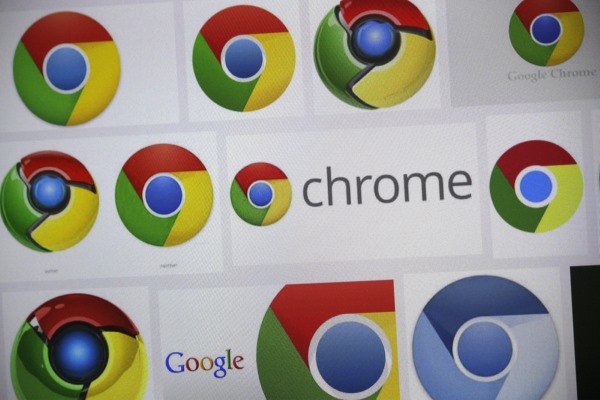
Chrome apps to disappear from Windows, Mac and Linux while Chrome OS gains new launcher icon
Google has come to the realization that hardly anyone is using Chrome apps. As such, the company plans to phase out support for the apps on Windows, Mac and Linux over the next couple of years.
While admitting that packaged apps are used by just 1 percent of users of the three platforms, Google says that the decision comes after a drive to integrate the feature of apps into web standards. Chrome apps will live on in Chrome OS "for the foreseeable future", but a wind-down timetable has been set out for everyone else.

Fuchsia is Google's latest operating system
It could be argued that with Android and Chrome OS, Google already has more than its fair share of operating systems; but there's another one in the pipeline.
Very little is known about it at the moment, but Google has a new operating system project underway called Fuchsia. There's a GitHub page up and running, where you can find out about the Fuchsia kernel -- a kernel that is designed with scalability and multi-device, cross-platform compatibility in mind.
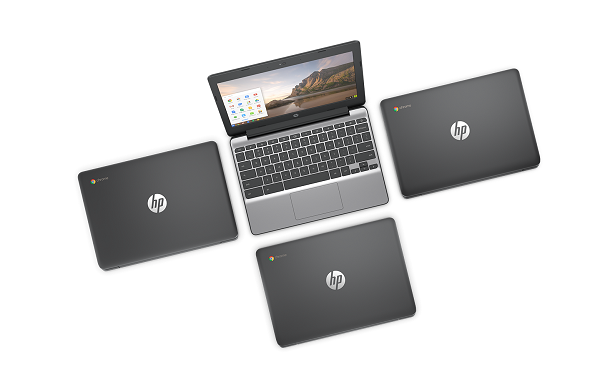
HP Chromebook 11 G5 is an affordable touchscreen laptop with Android app focus
Chromebooks are wonderful computers for many reasons. Besides often being affordable, they are based on the Linux kernel, which creates a rock-solid foundation. They feature a largely malware free experience thanks to its focus on the web rather than local storage. With that said, Google's delivery of the Play Store and locally-installed Android apps to the web-based platform is going to change everything -- maybe for the better. From a security perspective, it could be for the worse.
Today, HP announces the Chromebook 11 G5. This all-new Chrome OS laptop is extremely affordable, starting at less than $200. The real news, however, is that this low-cost machine can be equipped with an optional touchscreen, which HP is offering as a way to future-proof for eventual Android app usage.

Why is Google bringing Android apps to Chromebook?
Answer: Your kids. Chromebook leads laptop and desktop sales through U.S. commercial channels to schools, according to NPD. Education is overwhelmingly the primary market for the computers. The institutions can't buy enough of the thangs, for their utility and low-cost compared to notebooks running either OS X or Windows. That cost is as much about extended webapps and services from Google (or its developer partners), available for free or comparatively next-to-nothing, set against software for the other platforms.
Wrinkle in the Google firmament: iPhone and Chromebook are like water and dirt. The sediment settles unless shaken up. Sure youngsters can do all their Googly things—Docs, Gmail, Maps, Photos, YouTube, etc. -- on iOS but the experience is smoother and more homogenous when mixed Android and Chrome OS. What the kiddies lack, and their educators, is a swath of useful apps like the Apple kids get.

Google kills Chrome app launcher for Microsoft Windows, Apple OS X, and Linux
During the Windows 8 era, I was very worried about that operating system -- the UI and design choices were troubling. Luckily, as a longtime Linux user, I was not tied to any Microsoft OS. Unfortunately for some consumers, Linux-based operating systems can be difficult to install and use, while Mac computers are very expensive. Chrome OS and the inexpensive Chromebooks swooped in to save the day.
For those that stuck it out with Windows, or used other desktop operating systems, Google introduced a Chrome OS-like launcher -- the unimaginatively named Chrome app launcher. It allows Windows, Mac, and Linux users to launch Chrome apps from within their OS' native UI -- it sort of felt like Chrome OS running inside of them. Today, Google kills this project.
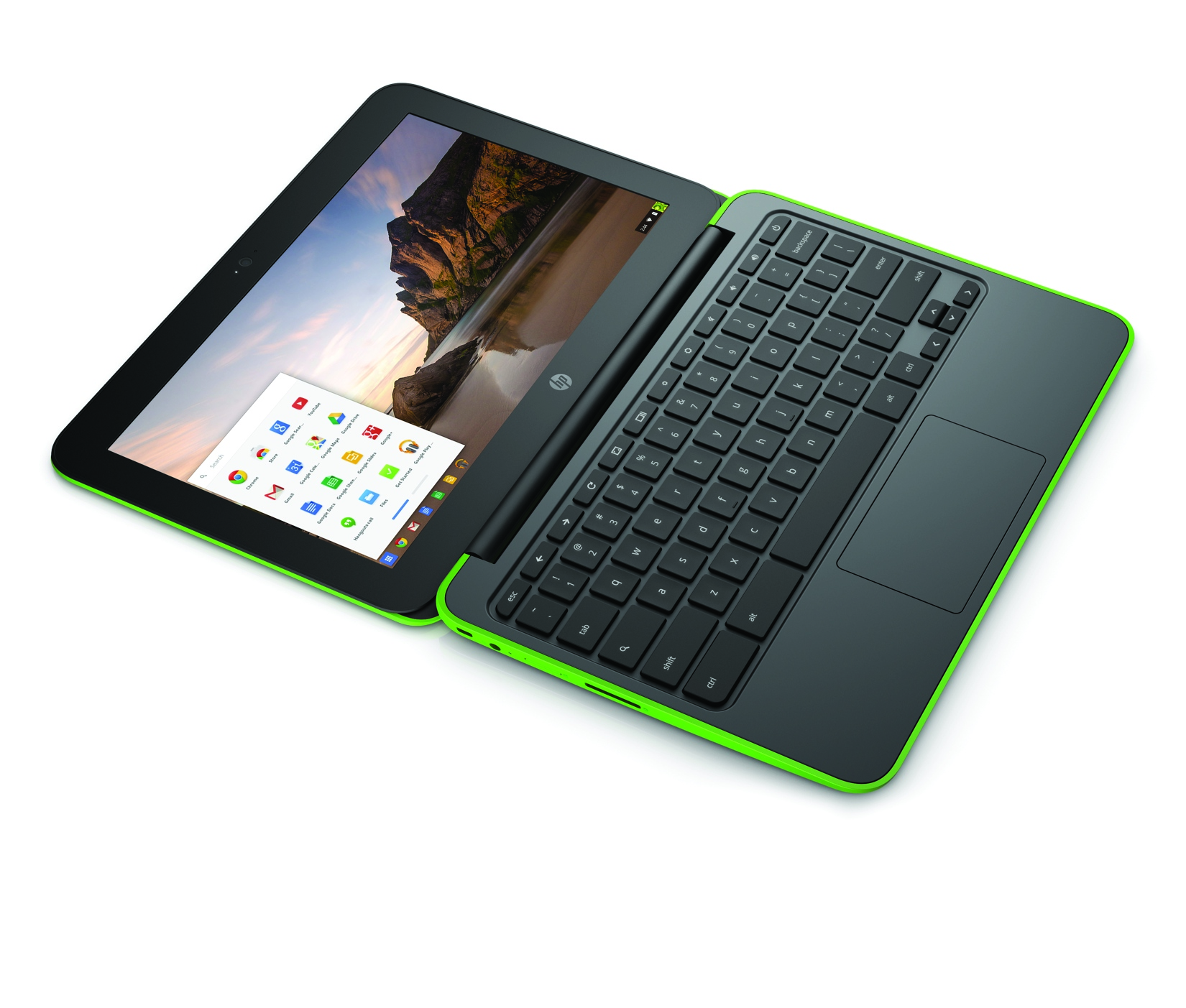
HP announces rugged Chromebook 11 G4 Education Edition
Chromebooks are great for home use, but they truly shine for education. Its easy to see why -- they are easy to use, cost effective and (unlike the iPad) offer multi-user support. These are all essential things for school districts on a tight budget.
Today, HP announces the Chromebook 11 G4 Education Edition. Starting at a paltry $199, it looks to offer incredible value. Thanks to military-grade build quality, it should be very durable. This is very important, of course, as children are often rough on computers.
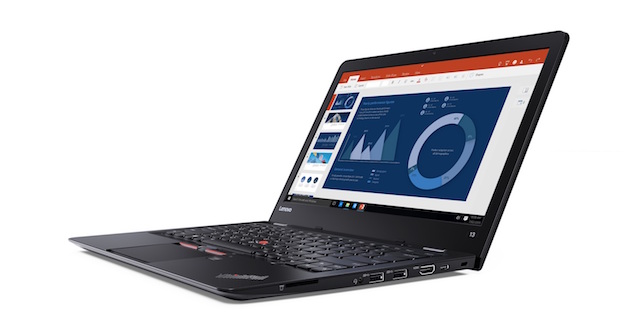
Lenovo's new ThinkPad 13 gives you the choice between Chrome OS and Windows 10
CES 2016 does not officially start until January 6, but, as we have come to expect, most of the major product announcements will be made right before the big opening day. Case in point, Lenovo has just unveiled its new ThinkPad 13, alongside ThinkPad X1 Tablet and other new gadgets.
Why is ThinkPad 13 newsworthy? Well, Lenovo's choice of operating systems makes it one of the most interesting new products in its refreshed lineup, as the laptop will be offered with either Chrome OS or Windows 10.
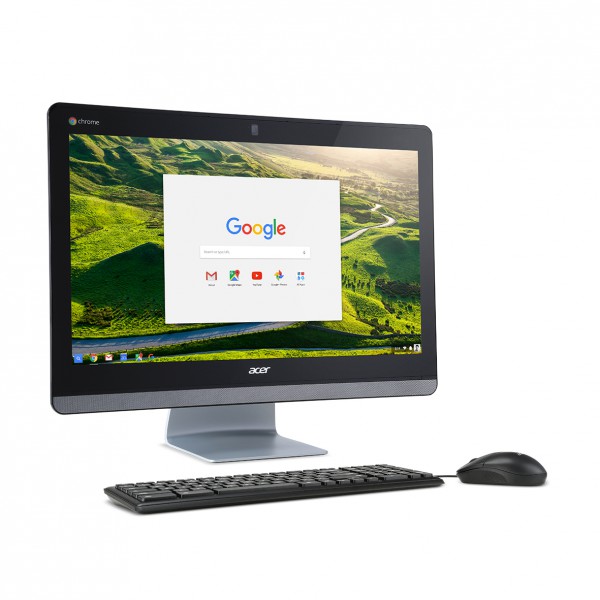
Acer goes gaga for Google's Linux-based OS with Chromebase 24 and Chromebook 11
Welcome to 2016, dear BetaNews readers. Another year is here, and some trends will continue as before. The most intriguing being Google's push into both education and home with its wonderful Chrome OS. While a bit limited, devices with Google's Linux-based desktop operating system are perfection for many; especially as more and more time is spent in the browser.
Today, Acer announces some new Chrome OS devices that look really impressive. Its new Chromebook 11 and Chromebase 24 should meet the needs for many, and in typical Acer fashion, shouldn't break the bank. The Chromebase is particularly newsworthy, as it is the first-ever such all-in-one "base" device with an Intel Core processor. Quite frankly, it should make an absolutely glorious family PC.

Google says Chrome OS is going nowhere
Google has scotched rumors that Chrome OS could be ditched. There had already been some doubts about the truth behind suggestions that Android and Chrome OS could be on the verge of merging. Google has already gone to some lengths to stress how committed it is to Chrome OS, and today goes a step further in stating in very plain language:
"Chrome OS is here to stay".
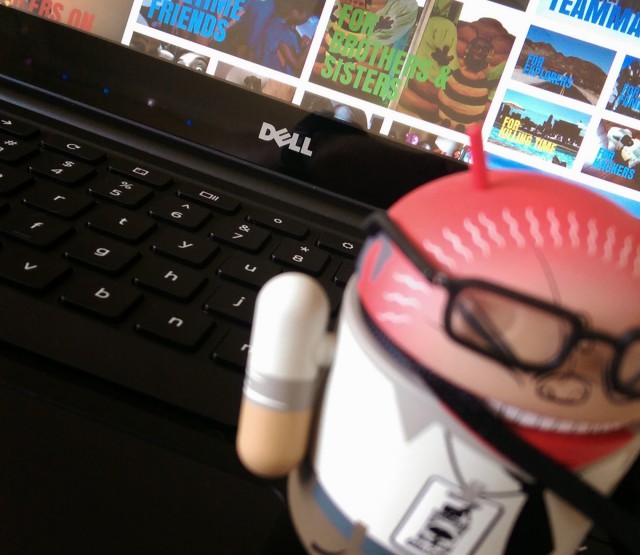
Google is 'very committed' to Chrome OS, questioning Android merger rumors
Google is rumored to be planning a merger of Android and Chrome OS. An early build of the combined operating system is expected to see the light of day as early as next year, with an official release making its way in 2017. That's what a so-called "report" claims anyway.
Such a plan would certainly make sense, considering that Chrome OS has limited appeal while Android has matured nicely, becoming the most-popular mobile operating system. So, how does Google comment? Well, the search giant continues to stand by its less-popular operating system. What else do you expect?
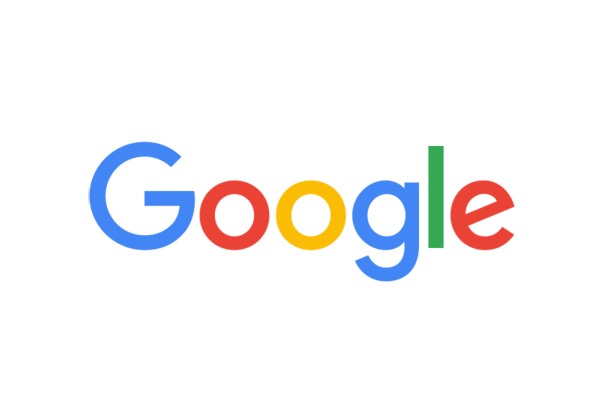
Two become one -- Google to 'merge' Android and Chrome OS
Just as Microsoft is trying to streamline its various operating systems with the approach it has taken with Windows 10, so Google appear to have similar plans. The Wall Street Journal reports that plans are well under way to merge Android and Chrome OS.
Work has been going on for two years, and an early build of the hybrid operating system is expected to see the light of day next year. A full release is planned for 2017. While described as a merger of OSes, the report suggests that Google is really looking to expand Android so that it can run on laptops. Chrome OS may well live on, but the same cannot be said of Chromebooks.
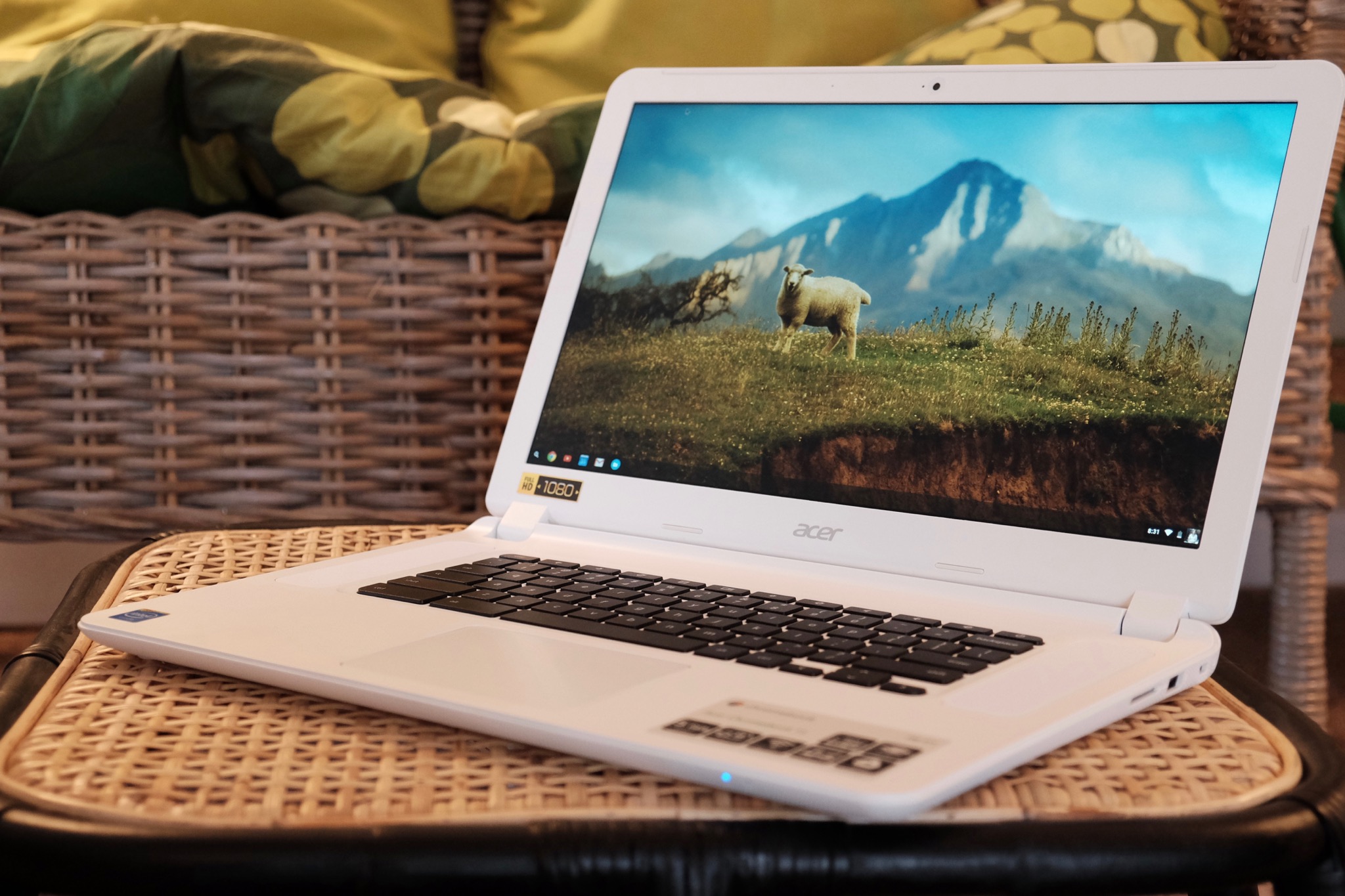
When size matters, Acer Chromebook 15 is big [Review]
I am not a fan of overly-large laptops, but if I were to buy one, Acer's 15.6-inch monster would be among my top choices. The Chromebook packs in lots of value, which first and foremost is 1080p resolution to match the large screen, a benefit that is atypical for the price and size class. Screen brightness is no match for the Toshiba Chromebook 2, but the matte finish compensates for dimness by dramatically reducing glare. Meanwhile, the IPS display gives great viewing angles.
The point: Acer doesn't just offer bigger, but better, among the overall Chromebook category, where dim TN screens are standard fare. That also can be said of competing Windows laptops, where with same size screen in the price range, or even more costly, resolution typically tops out at 1366 x 768. Chromebook 15 is 1920 x 1080. By more than size, the display is a big benefit.

Why would Dell sell a business Chromebook that competes with Office and Windows 10?
The strangest, and largely overlooked news, coming out of the tech sector this week is Dell's Microsoft betrayal. This isn't the first time that the PC maker strayed. Linux joined the product stable long ago, and last year an educational Chromebook debuted. But this newer and larger model, which will be available September 17, raises question: WTF?
Dell's core PC market is business—small, large, and everything between. Windows, and that smattering of Linux, is core, and longstanding loyalty to Microsoft's application stack. But the Chromebook 13 announcement, as positioned by the OEM and Google, is all about the competing cloud app stack. Interestingly, selling prices rival Windows laptops, which is another head scratcher: $399 to $899, depending on configuration.
